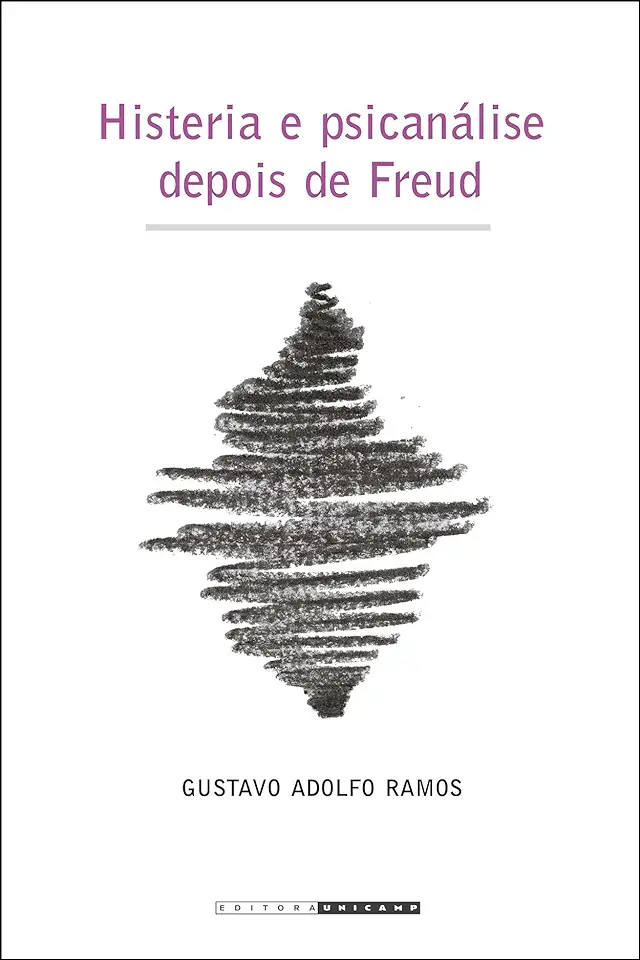
Hysteria and Psychoanalysis After Freud - Gustavo Adolfo Ramos
Hysteria and Psychoanalysis After Freud: A Comprehensive Exploration of the History, Development, and Contemporary Relevance of Psychoanalytic Thought
A Journey into the Unconscious: Unraveling the Mysteries of Hysteria
In his groundbreaking work, "Hysteria and Psychoanalysis After Freud," Gustavo Adolfo Ramos embarks on an intellectual odyssey, delving into the intricate world of hysteria and its profound impact on the development of psychoanalysis. With meticulous research and a captivating narrative style, Ramos presents a comprehensive exploration of this complex phenomenon, offering readers a deeper understanding of the human psyche and the transformative power of psychoanalysis.
The Historical Context: Hysteria Through the Ages
Ramos begins by tracing the historical trajectory of hysteria, from its ancient origins in Greek medicine to its evolving interpretations throughout the centuries. He meticulously examines the shifting perspectives on hysteria, from its association with demonic possession to its classification as a neurological disorder. This historical context provides a rich backdrop for understanding the emergence of psychoanalysis and its revolutionary approach to understanding hysteria.
Freud's Revolutionary Insights: Unlocking the Secrets of the Unconscious
Ramos dedicates a substantial portion of the book to exploring the groundbreaking contributions of Sigmund Freud, the father of psychoanalysis. He delves into Freud's groundbreaking theories, including the unconscious mind, repression, and the Oedipus complex, and their profound impact on the understanding of hysteria. Ramos elucidates Freud's revolutionary insights into the complex interplay between conscious and unconscious processes, shedding light on the hidden dynamics that shape human behavior and emotional distress.
Beyond Freud: Expanding the Psychoanalytic Horizon
While acknowledging Freud's seminal contributions, Ramos also explores the evolution of psychoanalysis beyond Freud's original formulations. He examines the contributions of influential post-Freudian thinkers, such as Melanie Klein, Jacques Lacan, and Heinz Kohut, who expanded and refined psychoanalytic theory and practice. Ramos highlights the diverse perspectives and innovations that have enriched the field of psychoanalysis, demonstrating its ongoing vitality and relevance in contemporary mental health discourse.
Hysteria in the Modern World: Contemporary Manifestations and Treatment
Ramos bridges the gap between historical and contemporary perspectives by examining the manifestations of hysteria in the modern world. He discusses how hysteria continues to manifest in various forms, often disguised under different diagnostic labels. Ramos emphasizes the importance of recognizing and understanding these contemporary expressions of hysteria to provide effective treatment and support. He explores the ongoing relevance of psychoanalysis in addressing the emotional suffering and psychological challenges of individuals in the 21st century.
A Call for Empathy and Understanding: The Humanistic Essence of Psychoanalysis
Throughout the book, Ramos emphasizes the humanistic essence of psychoanalysis, underscoring its commitment to understanding the individual's unique experiences and subjective world. He argues for an empathetic and non-judgmental approach to treating emotional distress, highlighting the transformative potential of psychoanalysis in facilitating self-awareness, emotional healing, and personal growth.
Conclusion: A Testament to the Enduring Power of Psychoanalysis
"Hysteria and Psychoanalysis After Freud" stands as a testament to the enduring power and relevance of psychoanalysis in understanding human behavior and emotional suffering. Gustavo Adolfo Ramos masterfully weaves together historical, theoretical, and clinical perspectives, providing readers with a comprehensive and engaging exploration of hysteria and its profound impact on the development of psychoanalysis. This book is a must-read for mental health professionals, scholars, and anyone seeking a deeper understanding of the human psyche and the transformative power of psychotherapy.